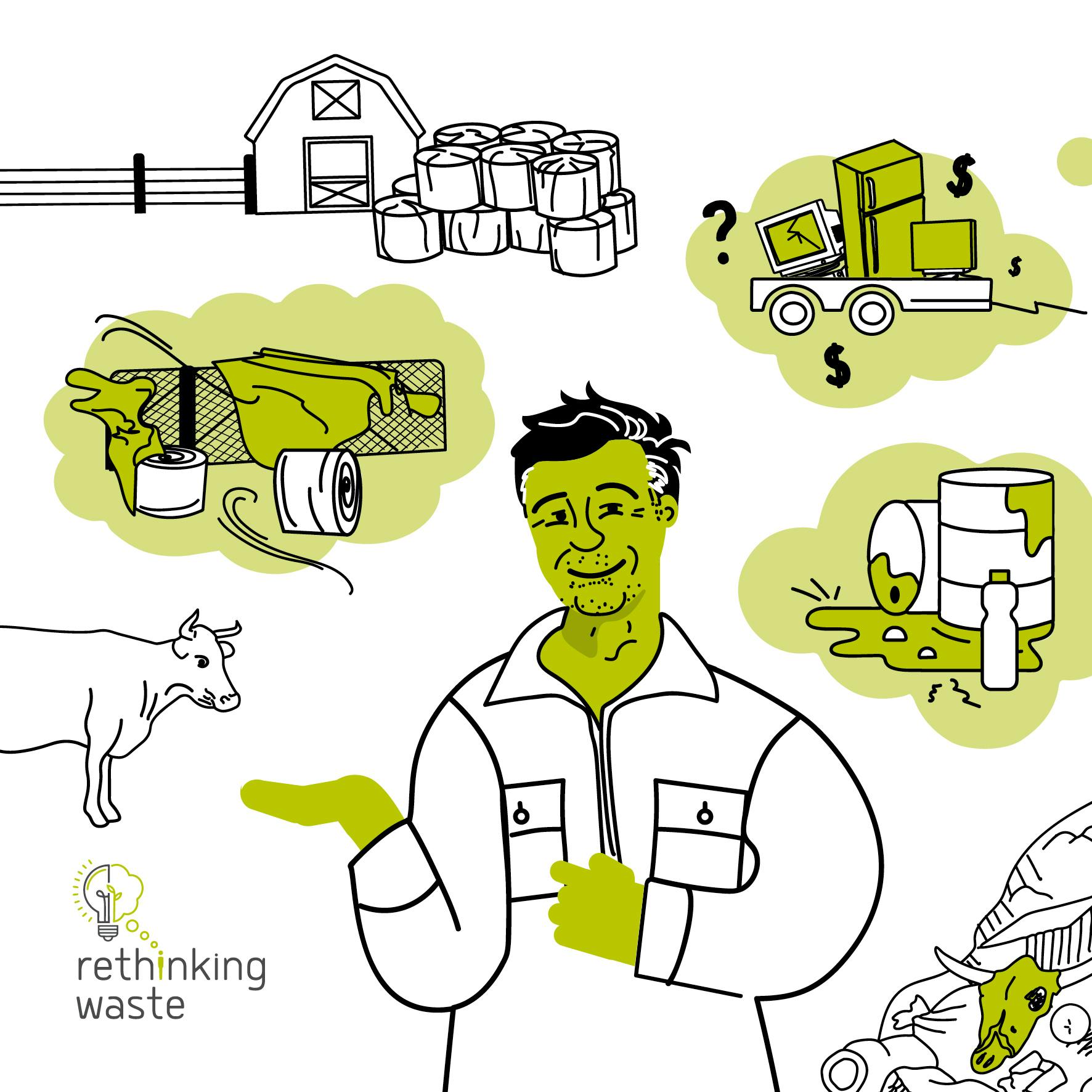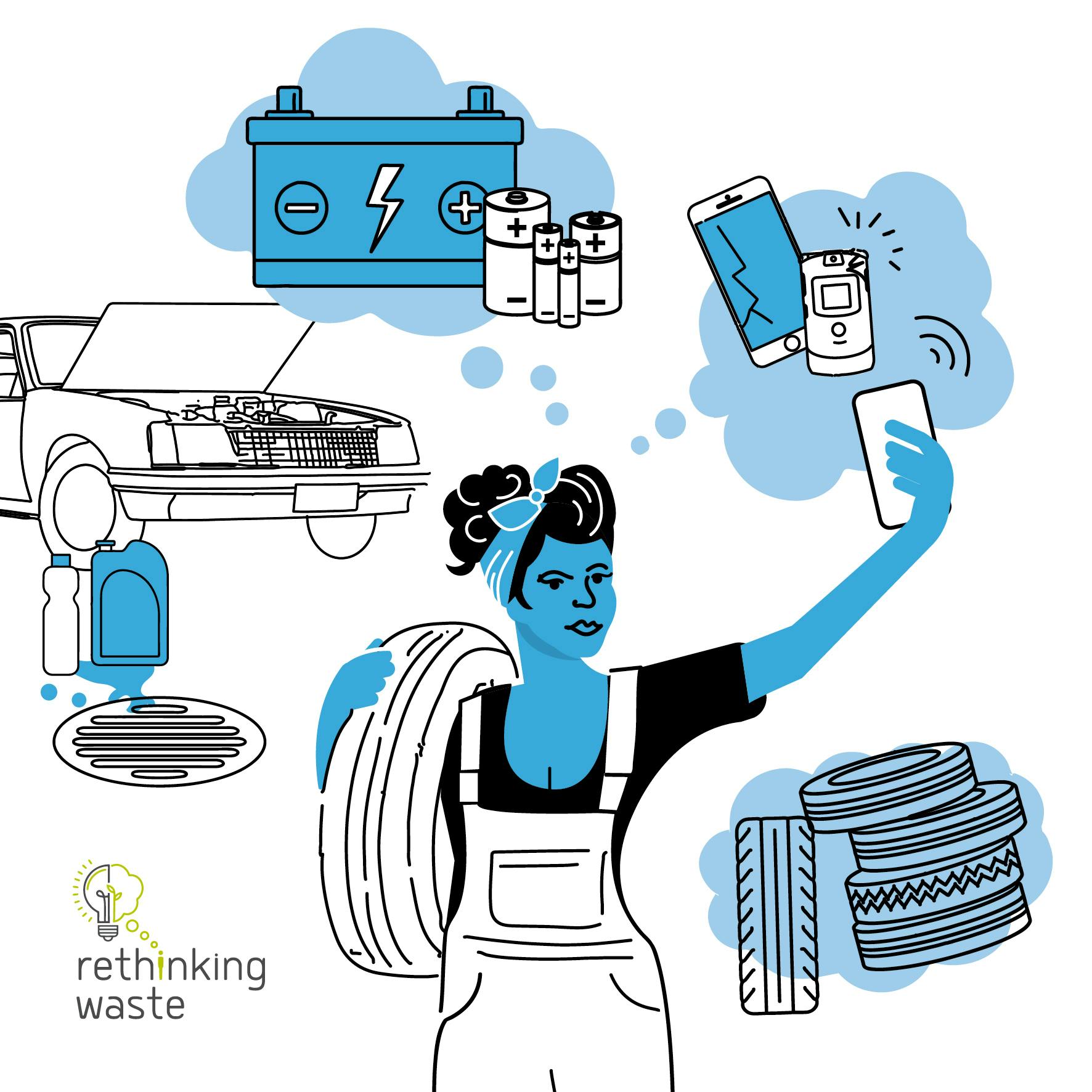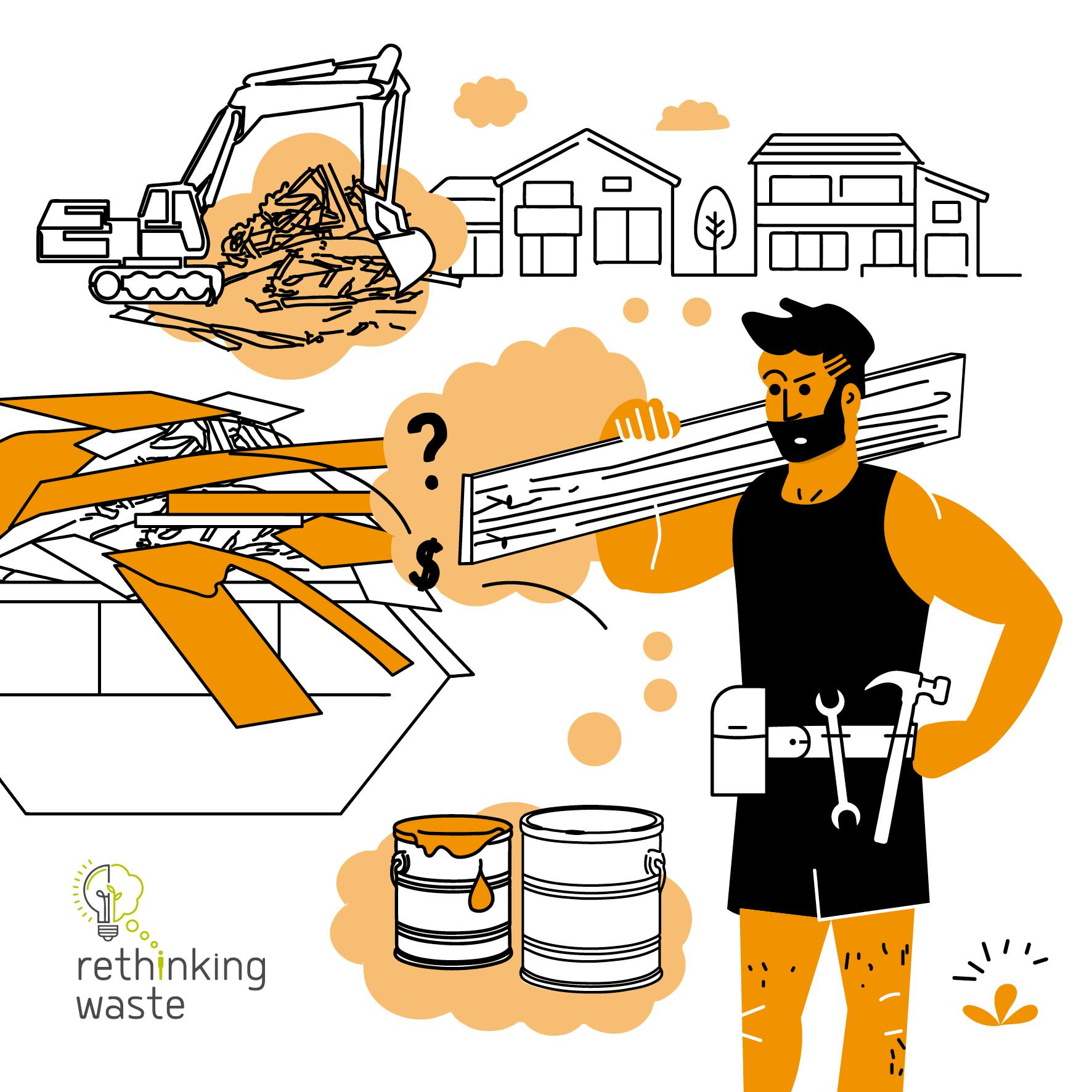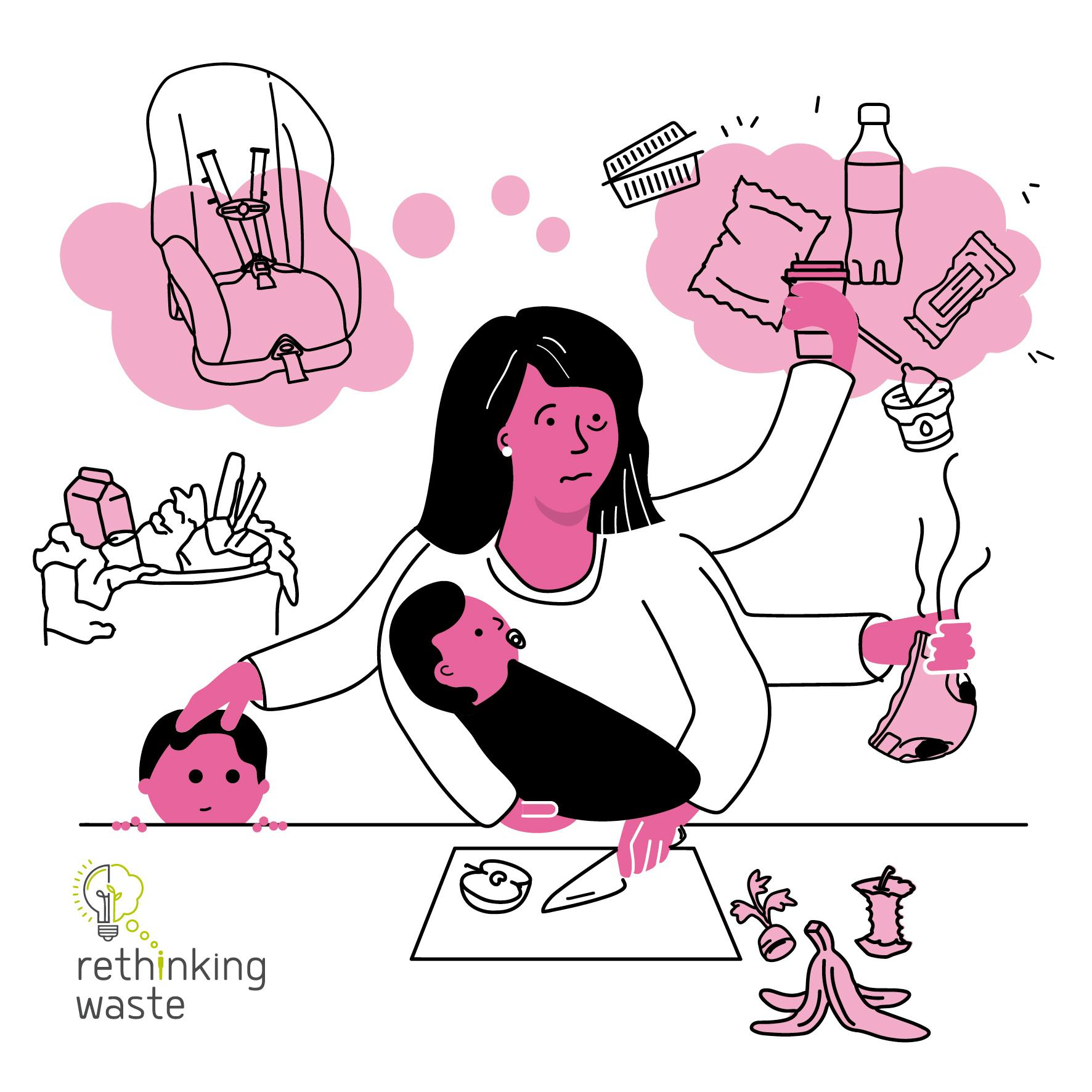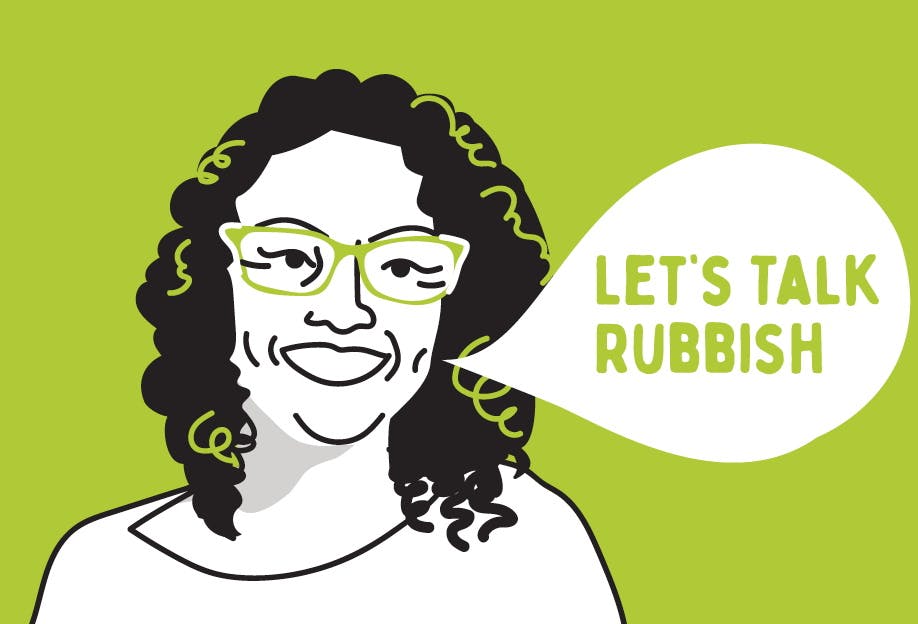Rethinking Waste
Consultation has concluded - we will be rolling out a new waste minimisation service in the near future
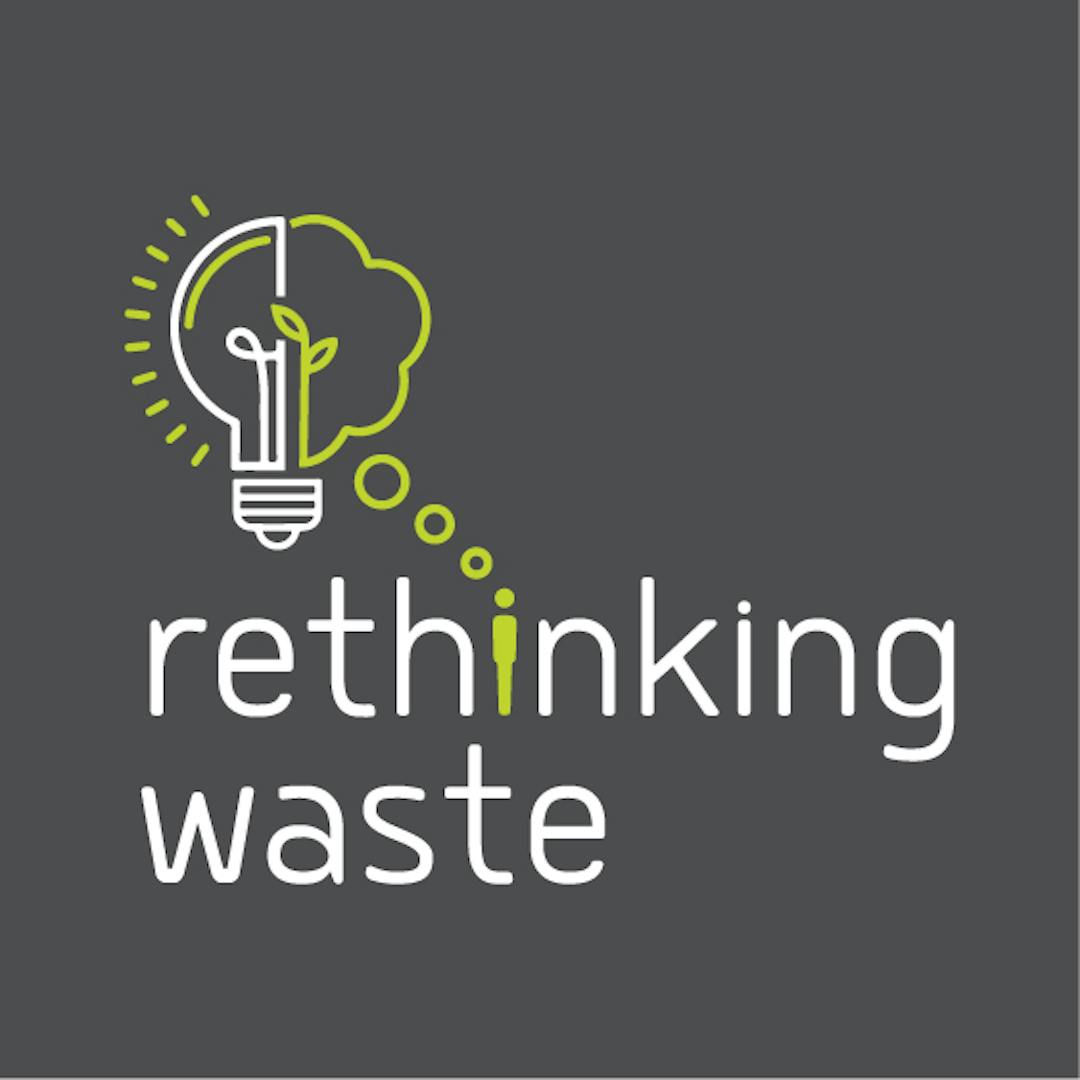
What is waste and how should we deal with it?
Over the coming months, we will be having a series of community conversations to consider the big questions and potential opportunities around waste minimisation.
We want to raise awareness about the problems created by current waste disposal practices and what can be done by individuals and communities to bring about change.
Kerbside Recycling
You may ask why can't we return to the kerbside wheelie bin collection system?
In the waste hierarchy recycling and landfilling are the two least desirable methods for managing materials. Reducing the use of materials, reusing, repairing, and repurposing are better outcomes.
The Government has realised our country's recycling system isn't the best and is proposing changes to make recycling easier and better. It is currently consulting on ways to minimise waste, improve recycling, and reduce emissions from waste.
You can learn more about the Government's proposals using this link.
We talk more about our former collection system in our FAQs.
Did you know?
- Aotearoa New Zealand is one of the highest waste per capita countries in the OECD and the 10th most wasteful country in the world (World Bank)
- The Government's levy on waste will increase to $60 per tonne over the next three years (it was $10p/t in 2019)
- In NZ we can only recycle three of the seven types of plastics - Plastics 1 (PET), 2 (HDPE) and 5 (PP) grocery packaging only
Get Involved
If you haven't already registered on Let's Talk, simply click on the Sign Up button to get started. You will have access to all the tools and updates as we work through this campaign.
Tell Us Your Story
There will be a number of opportunities for you to share your thoughts about how we can deal with waste. To get the conversation started we would love to hear your stories.
- What are your waste busting successes, frustrations or challenges?
- If you live in the country, what's the hardest thing to 'throw away?'
- Can you relate to any of our team - Farmer Bill, Mum Fiona, Mechanic Tania or Tradie Raniera?
Go to the tab below Tell Us Your Story and we will share it on this page.
Ask Our Expert
We all have questions about waste - e.g what is the waste levy and why is it increasing?
We have sustainability and waste recovery expert Dr Niki Bould leading this project and she would love to answer your questions. Just use the Ask Niki tab below.
Join the Focus Group
Another of the initial steps is setting up a focus group to be the community connection with the Council’s Waste Minimisation Working Party, established last year.
If you want to be involved in the group please register your interest using the form below. Or you can email Niki at info@ahika.co.nz
Expressions of interest close on Friday 25 March.
Consultation has concluded - we will be rolling out a new waste minimisation service in the near future

